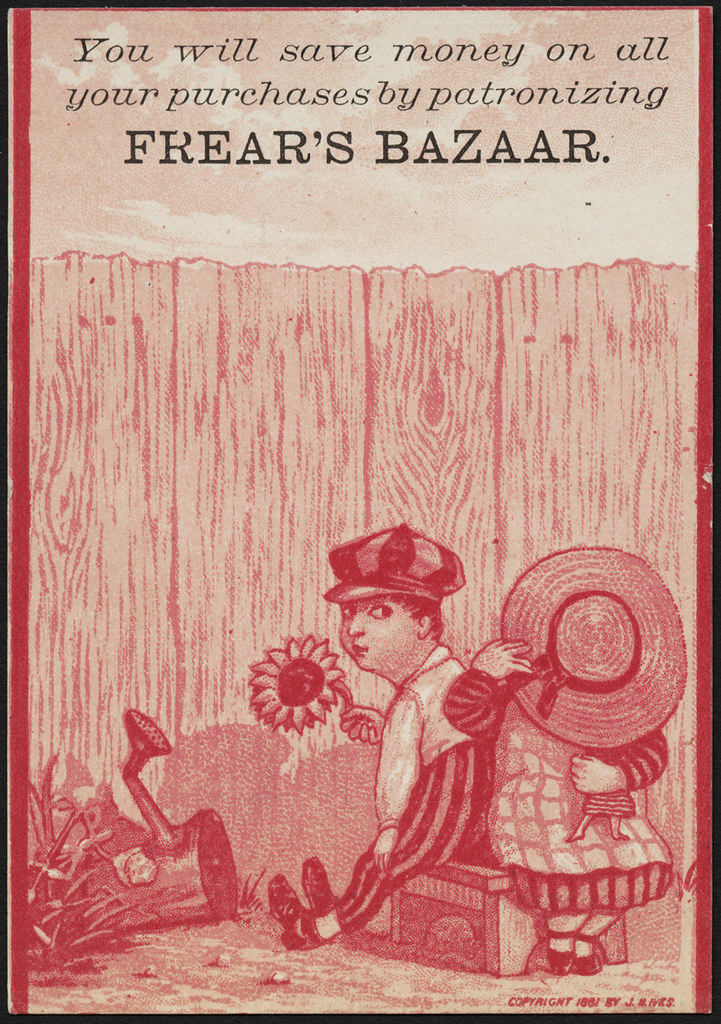Introduction:
As a responsible pet owner, ensuring the health and well-being of your furry friend is a top priority. However, vet bills can quickly add up and put a strain on your finances. The good news is that there are several strategies you can employ to save money on vet bills without compromising the quality of care for your pet.
In this article, we will explore various ways to minimize veterinary expenses while still providing the best possible care for your beloved companion.
The Importance of Regular Preventive Care
Regular preventive care is crucial for your pet’s well-being and your wallet. By scheduling routine check-ups, you can catch potential health issues early on, saving both money and your pet’s quality of life. Building a strong relationship with your vet allows for accurate diagnoses, tailored treatment plans, and better cost management.
Routine check-ups also help detect problems at an earlier stage when they are easier and less expensive to treat, avoiding costly emergency procedures or surgeries. Prioritizing regular preventive care ensures your pet stays healthy while minimizing unexpected expenses.
Comparison Shopping for Veterinary Services
When looking for the best veterinary services for your pet, comparison shopping is essential. Start by asking friends and family for recommendations. Read online reviews to learn about other pet owners’ experiences.
Compare prices and services offered by different clinics in your area, considering factors like reputation and expertise alongside cost. Creating a table can help you easily compare options. By taking the time to compare, you can find a reputable clinic that provides quality care at a reasonable price for your furry companion.
Utilizing Pet Insurance or Discount Programs
Pet insurance and discount programs offer financial support for pet owners in managing healthcare costs. Pet insurance provides coverage for accidents, illnesses, and routine care based on the chosen policy. It’s important to research providers, compare coverage options, and select a plan that fits your budget and your pet’s needs.
Consider the pros and cons of pet insurance before committing. While it offers peace of mind, premiums, deductibles, and exclusions should be evaluated. Assess whether the benefits outweigh the costs based on factors like your pet’s breed, age, and overall health.
Additionally, explore discount programs or financial assistance options available for low-income pet owners or specific circumstances. Research local organizations or charities that provide aid for veterinary expenses to see if you qualify for support.
By utilizing these resources effectively, you can ensure your pet receives necessary care without straining finances excessively. Take proactive steps towards managing veterinary expenses to demonstrate responsible ownership while finding peace of mind.
Table:
| Pros of Pet Insurance | Cons of Pet Insurance |
|---|---|
| Financial protection against vet bills | Costly premiums |
| Coverage for accidents, illnesses & routine care | Deductibles may apply |
| Peace of mind in managing healthcare costs | Exclusions for certain conditions |
| Customizable policies to fit budget & pet’s needs | Benefits vs. costs evaluation required |
| Potential discounts & loyalty rewards | Considerations: breed, age & health |
Note: The table summarizes the pros and cons of pet insurance concisely to aid decision-making.
Home Remedies and DIY Treatments
For pet owners, it is natural to want to provide relief for their furry friends when they are faced with common ailments or minor injuries. In such situations, home remedies and do-it-yourself (DIY) treatments can be a viable option. These alternatives can help alleviate symptoms without incurring costly vet visits.
However, it is important to approach these remedies with caution and prioritize the well-being of your pet.
Before attempting any home treatments, thorough research becomes crucial. It is imperative to gather information from reliable sources and consult with your veterinarian. They possess the knowledge and expertise needed to determine if a particular remedy is safe and appropriate for your pet’s specific condition.
When administering home remedies under professional guidance, it is vital to follow proper dosage instructions diligently. Additionally, closely monitoring your pet’s reaction throughout the process is essential.
Improper administration or incorrect dosages can lead to further complications, potentially exacerbating the issue at hand and resulting in higher veterinary bills.
While exploring the world of DIY treatments for your pets, engaging in open discussions with your veterinarian should always be a priority. Consulting with them before embarking on any self-treatment journey ensures that you make informed decisions regarding your pet’s health.
Your veterinarian can offer valuable insights on whether a home remedy is suitable for your pet’s condition or provide alternative suggestions when necessary.
Proper Nutrition and Exercise for Your Pet’s Health
Feeding your pet a balanced diet and ensuring they get regular exercise are essential for their overall health. A well-balanced diet tailored to their needs can prevent health issues and costly medical treatments. Consult with your vet to determine the right food based on factors like age, breed, and existing conditions.
Exercise is vital for maintaining fitness and preventing obesity-related problems. Find activities that suit your pet’s breed and energy level to keep them healthy and active. Obesity can lead to diabetes, joint issues, and heart disease.
By maintaining a healthy weight through nutrition and exercise, you can save on vet bills related to these conditions.
In summary, proper nutrition and exercise contribute to your pet’s well-being, preventing future health problems. Consult your vet for personalized advice on diet and exercise for a happy and healthy furry companion.
Securing Second Opinions on Diagnoses and Treatments
When it comes to your pet’s health, it’s crucial to make informed decisions about diagnoses and treatment options. In certain cases, seeking a second opinion can provide valuable insights that may help you navigate complex medical situations more effectively.
Not only can this safeguard your pet’s well-being, but it can also potentially save you money in the long run.
Knowing when it’s appropriate to seek a second opinion is the first step. If a diagnosis or recommended treatment plan involves significant costs or potential risks, don’t hesitate to consult another qualified veterinarian.
By obtaining an additional perspective from an expert in the field, you can gain clarity and confidence in determining the best course of action for your furry companion.
Finding reputable specialists or alternative medicine practitioners is another avenue worth exploring. Particularly for complex or chronic conditions, seeking out professionals with specialized knowledge can offer alternative approaches or treatment options at varying price points.
Take the time to research and identify trusted experts in your area who can provide valuable insights tailored to your pet’s specific needs.
While seeking a second opinion may involve some upfront costs, it has the potential to save you money in the long term by preventing unnecessary procedures or treatments.
By thoroughly evaluating all available options before making decisions about your pet’s care, you can avoid financial strain while ensuring their well-being remains a top priority.
Learning Basic Pet First Aid Skills
Learning basic pet first aid skills is crucial for every pet owner. It enables you to respond appropriately in minor emergency situations and potentially prevent further complications or the need for immediate veterinary intervention.
Educating yourself on common first aid techniques such as CPR, wound care, and initial injury management equips you with the necessary skills to provide immediate care in critical moments. Promptly recognizing signs of distress and contacting your veterinarian or an emergency clinic can make a significant difference in severe emergencies.
Taking proactive measures like pet-proofing your home and providing regular dental care helps prevent accidents and illnesses that may require costly veterinary treatment. By investing time into learning these skills, you become a confident and capable pet owner, ready to provide the best care for your beloved companion.
Taking Advantage of Free or Low-Cost Veterinary Clinics
Finding affordable veterinary care for our pets is essential. Veterinary schools often have teaching hospitals where students provide care at reduced rates, ensuring quality under professional supervision. Low-cost clinics also offer discounted services for routine check-ups and vaccinations.
Additionally, communities host events with free or discounted veterinary services like spay/neuter programs. Look for affordable vaccination clinics or subsidized programs in your area to maintain your pet’s health without breaking the bank. Prioritize their well-being while being mindful of your financial constraints.
[lyte id=’OFLn5q3KSDs’]







